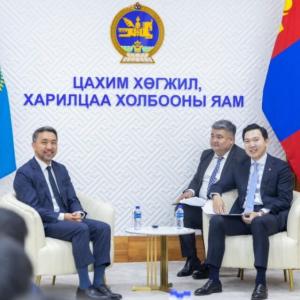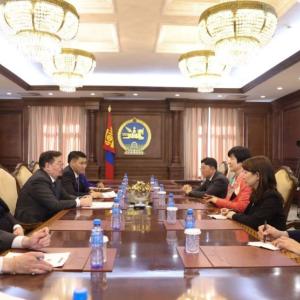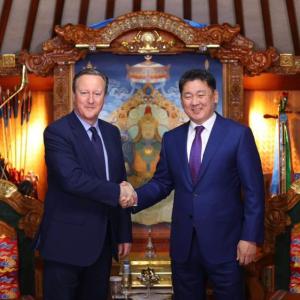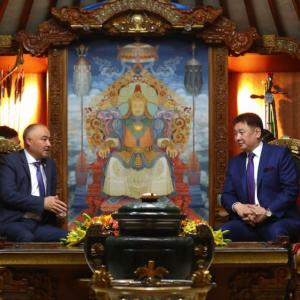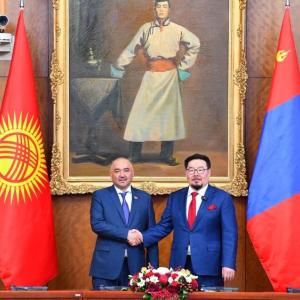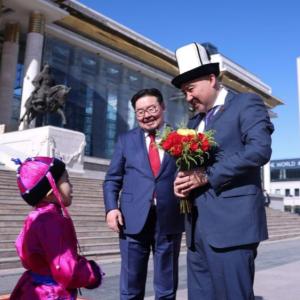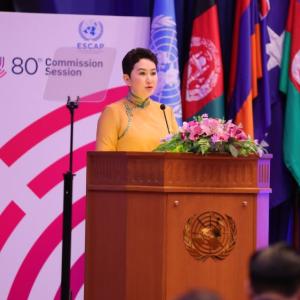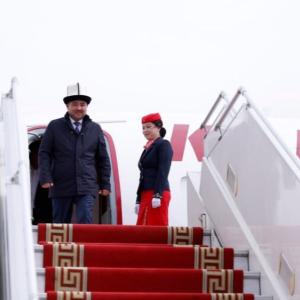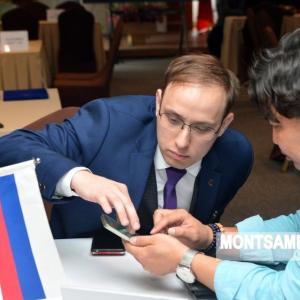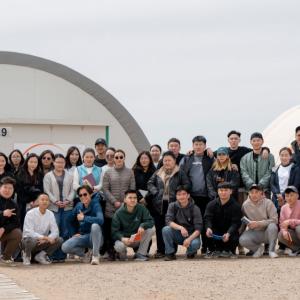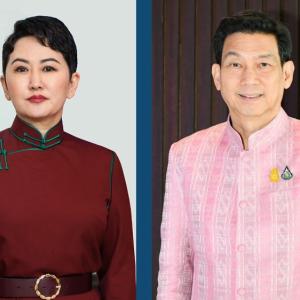Mongolia aims to export 20 tons of Bee products per year by 2025
Society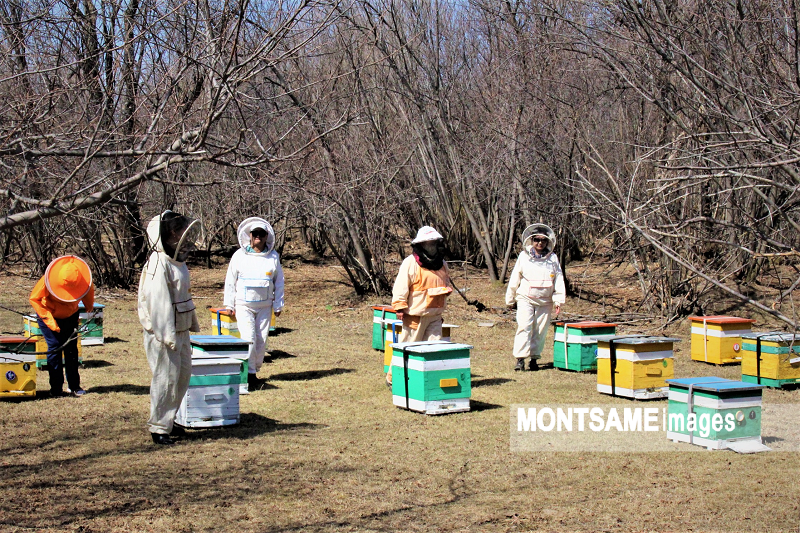
Ulaanbaatar /MONTSAME/. Mongolia has formed a honey export cluster. During the opening of the cluster, a discussion under the theme of “Are we ready to export honey?” was held among the stakeholders in the value chain.
Mongolian National Chamber of Commerce and Industry cooperates with the “MONMAP” project team which is developing the master plan for the value chain of the agricultural sector in Mongolia, to establish a honey cluster and implement a pilot project to support local agricultural products.
“A honey cluster will focus on following activities such as to help its members to enter and export the international market with technics and methods, to organize training and exhibitions, and to develop and implement projects to receive financial and non-financial support from international and other sources. To increase the value of Mongolia's bee products and the amount of exports, we aim to export 20 tons of bee products per year by 2025”, said M. Narantuya, Chairman of the Board of Directors of the "Honey Cluster" NGO.
Akio Nishiami, an expert on the MONMAP project to develop a master plan for the value chain of the agricultural sector of Mongolia, presented his work within the project and expressed his support in overcoming the challenges faced by the honey cluster.
Ibukuro Tomoko, executive director of "Honey Cluster" NGO, said, "The amount of honey exported from Mongolia is very small, while the amount of imported honey is large. The factors contributing to this are the complicated system and the lack of sales capabilities of domestic manufacturers. Therefore, we aim to correct this situation by creating a supply system to meet export demand. In this, the participation of relevant government organizations and stakeholders in the value chain is important".
Expert Carl E. Krug
presented about the Mongolian export cluster network, established within the EU
TRAM project of supporting Mongolian trade, sold sea buckthorn products to
European Union countries. He introduced the possibility of a 70 percent
discount on customs duties for the export of bee products from Mongolia under
the EU's import tariff discount system or "General Scheme of Preferences
(GSP)". To this, Mongolia needs to meet the quality standards in food products”
emphasized Carl E. Krug.

 Ulaanbaatar
Ulaanbaatar


















